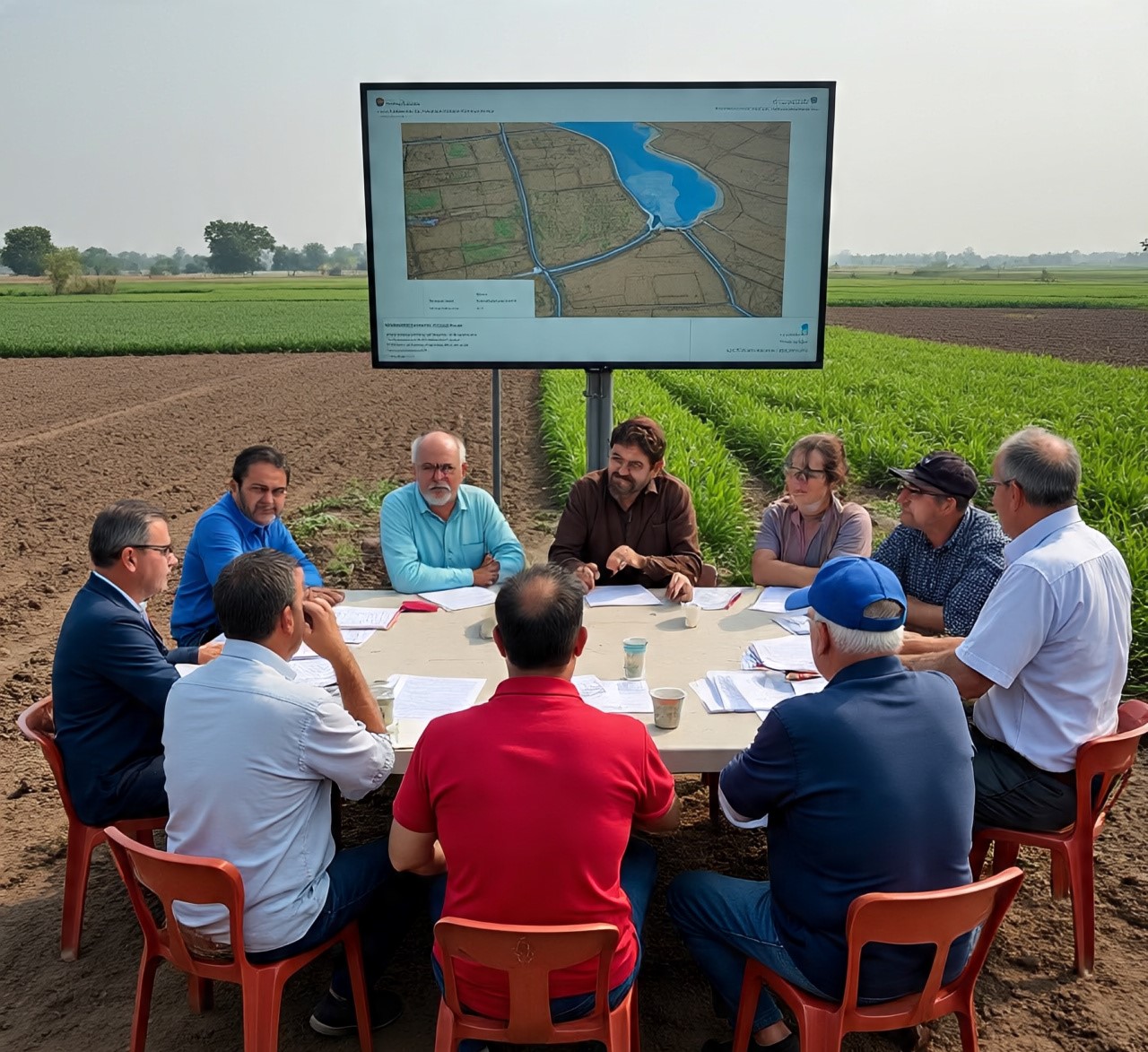Ensuring the availability and sustainable management of water (SDG 6) is particularly challenging in dry regions like Rajshahi, Bangladesh, where communities rely heavily on groundwater with limited recharge potential. Issues such as declining water levels and contamination by iron, arsenic, and chloride compromise both user satisfaction and public health. This study aimed to assess groundwater quality risks through regional mapping to guide the installation depth of new water sources. In collaboration with the Department of Public Health Engineering (DPHE), data were collected from 7,388 tube wells across nine upazilas, including well depth, geographic coordinates, and contaminant concentrations. Water quality was evaluated against World Health Organization and Bangladesh standards. Machine learning (XGBoost) and spatial analysis were applied to model contaminant levels based on location and well depth. An initial model showed poor performance, but after identifying and correcting key errors, the refined model yielded significant improvements: R² increased from 0.0345 to 0.62 for iron, from −0.0015 to 0.38 for arsenic, and from 0.12 to 0.71 for chloride.


